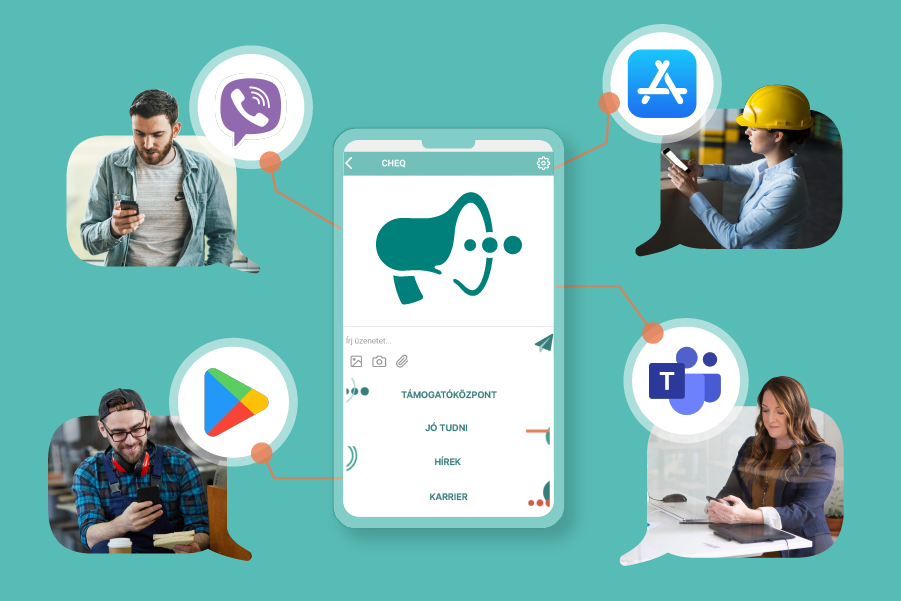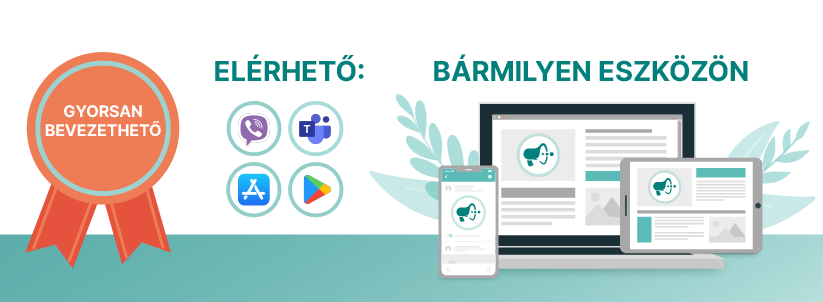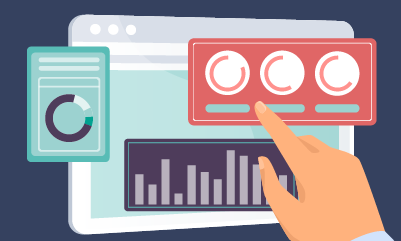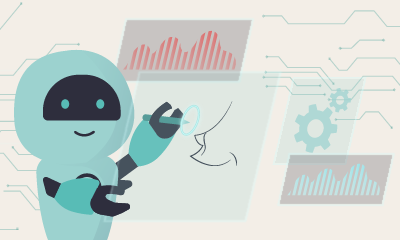The next generation does not want to work with the technology of the past
In the next decade, most large companies will be employing members of the current Generation Y and Z. Companies are looking for young people specifically because of their critical digital skills (among others), yet, they find it increasingly harder to retain Gen Y & Z. There are two main reasons for this: firstly, Generation Y and Z have different workplace preferences from previous generations of workers and management practices. Secondly, managers often do not understand the youth and their expectations. People from Generation Z need a new approach to leadership and different competencies.
However, to succeed, organisations must adapt whether they like it or not. They need to make changes to fit the expectations of new generations and to the significantly changing work environment brought about by technology – and not the other way around. That includes reconsidering the ratio of remote work to office work and the concept of flexible working hours as young workers require more freedom in order to work efficiently. But flexible working arrangements can only be effective if the flow of information is also effective.

In addition to this, managers need to change their attitude and leadership style as well as the tools they use. Autocratic management is a thing of the past. Younger generations expect more transparency, partnership and genuine, two-way, authentic communication from the management.
Why is digital internal communication the cornerstone for retaining Generation Y and Z?
Digital skills and rapid learning are some of the main advantages of Generations Y and Z in the labour market. If the basic processes in the workplace do not conform to the quick, ever-changing nature of the digital world, it can be quite a paradox. Even larger companies can have trouble with digitalising internal processes. The management culture may be fine, and the career prospects can be excellent, but the larger the company, the more difficult the internal flow of information and communication processes within the company can be.
Yet, people of Generations Y and Z list state-of-the-art digital infrastructure in the workplace as one of the top 3 motivation factors These young people have been living their lives in the digital space ever since they were toddlers. Why would they not expect the same opportunities at the workplace? Among others, they have FOMO (Fear Of Missing Out – a feeling that they are missing out on important things), so they need constant access to information anytime and anywhere. A strongly tied to the effective flow and sharing of information is the need for supportive, easy-to-reach and trustworthy managers. Young people simply prefer to work for ‘cool’ and inspiring leaders.
The relationship between employer branding and digitalisation
Digitalisation and employer branding are inextricably linked. Young job seekers are typically more impatient compared to previous generations. During the recruitment and preboarding process, a prospective new colleague must be introduced to a well-organised, consistently communicating, accessible and digitally-enabled organisation
So, if a company’s business success factor is dependent on the retention of Generations Y and Z, the first inevitable step is to transform its internal communication processes. A clear prerequisite is to establish digital communication channels. The easiest tool to implement and operate is CHEQ, a multi-platform corporate internal communication system that is efficient and not only fast but also real-time.
Isn’t digitising internal communication the IT department’s job?
From a multinational company’s point of view, the biggest problem in implementing a digital information/HR system may stem from the large size of the company. It is difficult to proceed through the international IT headquarters to get permission for implementing a new system into the existing one.

This is where CHEQ has a huge advantage, as it works autonomously, using Viber, Microsoft TEAMS or your own corporate application. It does not require complicated integration processes or warrant IT security concerns. It can be set up and running in a flash – in as little as 20 hours – and the new generation of young colleagues can connect to the corporate information flow from anywhere, anytime, on their phones (or tablets and laptops). This is exactly what Generations Y and Z expect: to access the information they need to do their job, get their payslips, report incidents, and contact management on their own behalf, perhaps even anonymously on one platform, all on a device they use for everything else and they are already familiar with – their smartphone.
Do you want to digitise HR processes and information flow in your company, so that future generations will want to work for you and contribute to the long-term success of your company? Get an offer for implementing CHEQ today!


